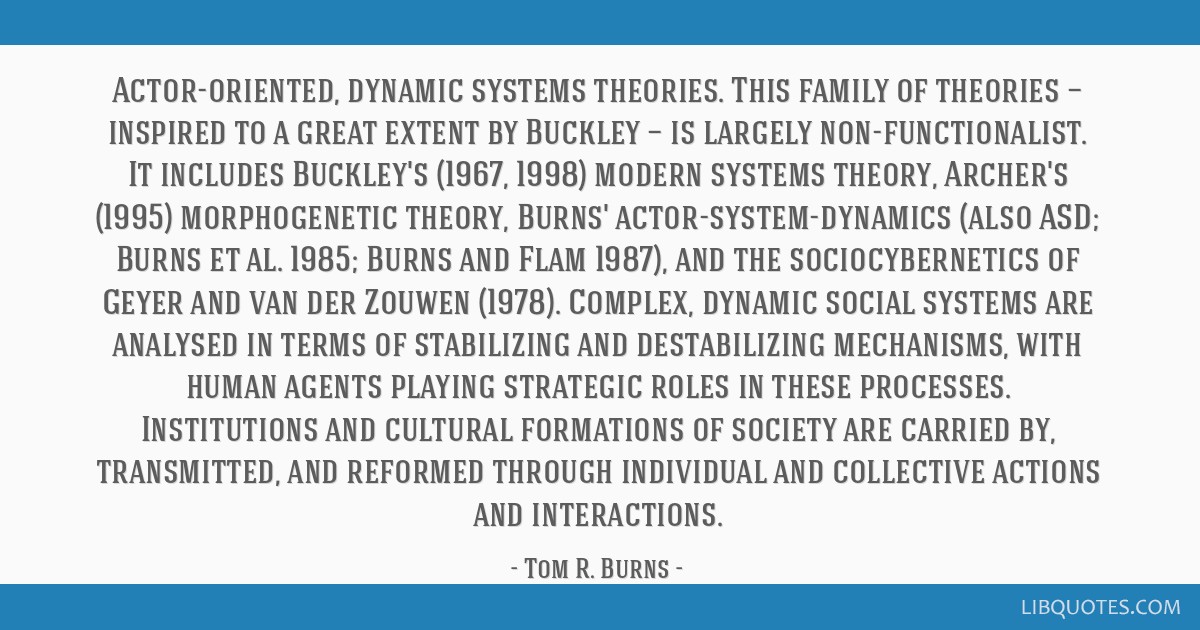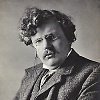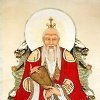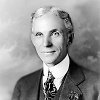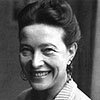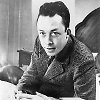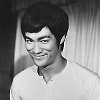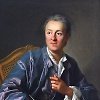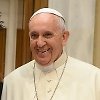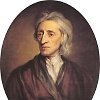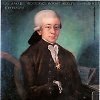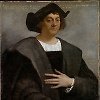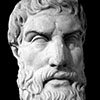Actor-oriented, dynamic systems theories. This family of theories — inspired to a great extent by Buckley — is largely non-functionalist. It includes Buckley's (1967, 1998) modern systems theory, Archer's (1995) morphogenetic theory, Burns' actor-system-dynamics (also ASD; Burns et al. 1985; Burns and Flam 1987), and the sociocybernetics of Geyer and van der Zouwen (1978). Complex, dynamic social systems are analysed in terms of stabilizing and destabilizing mechanisms, with human agents playing strategic roles in these processes. Institutions and cultural formations of society are carried by, transmitted, and reformed through individual and collective actions and interactions.
p. 3. - Systems theories (2006)
